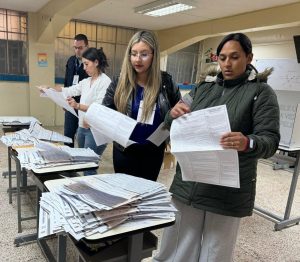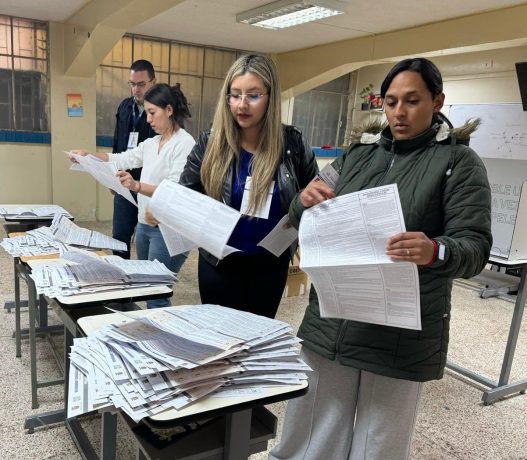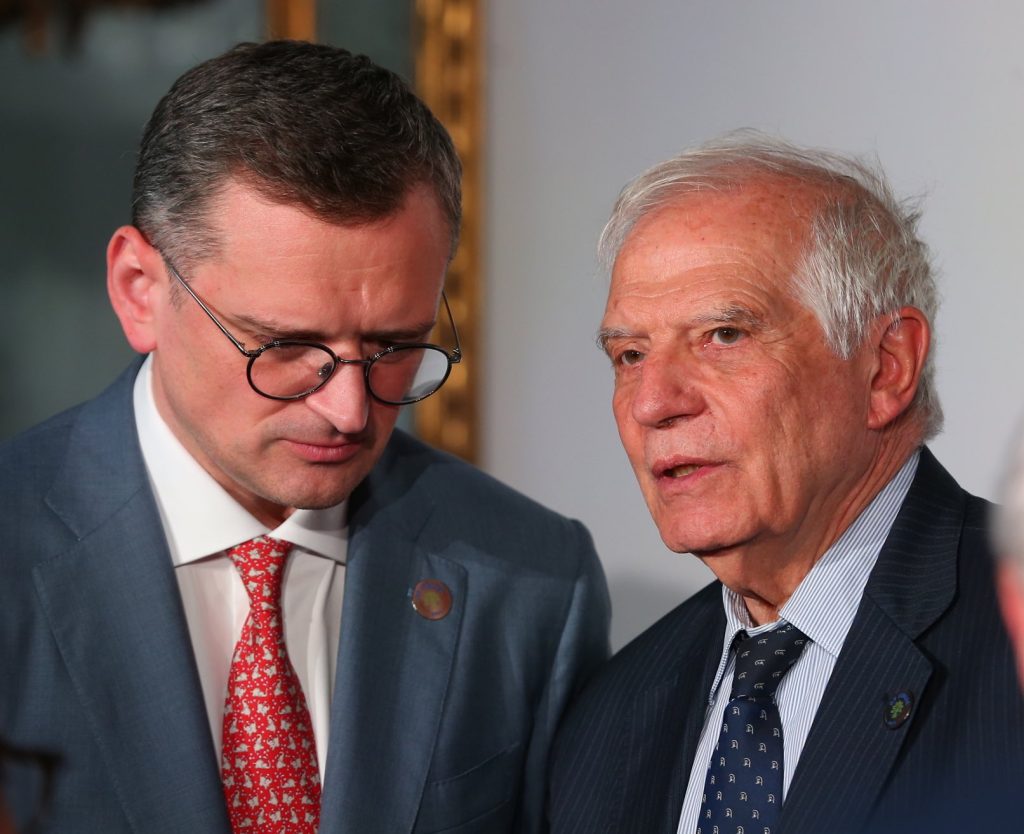
HOW AND WHEN WILL THE QUESTIONS OF THE POPULAR CONSULTATION AND REFERENDUM 2024 BE APPLIED IN ECUADOR?
Taken from El Comercio, of Ecuador
The mechanism and deadline for the application of the questions of the popular consultation and referendum 2024 in which the “yes” vote wins varies according to the nature and origin of each question. Ecuadorians went to the polls last April 21.
(Note: As of this Tuesday, April 23, 2024, the National Electoral Council of Ecuador has not yet officially proclaimed the results, but the same entity has informed that through the quick count mechanism it can be established without room for doubt that the “Yes” won in nine questions -those related to security issues- and the “No” in two -those related to economic issues-).
Thus, of the eleven questions, five correspond to referendum and change the Constitution, via partial reform or amendment, and six are for popular consultation, that is, they do not change the Magna Carta, but require reforms to secondary laws.
REFERENDUM QUESTIONS
Of the five referendum questions, only the first three, related to the role of the Armed Forces, the extradition of Ecuadorians and the establishment of judgeships in constitutional matters, would be the ones approved by the Ecuadorian people, according to the quick count presented by the National Electoral Council (CNE).
For these questions, constitutionalist Carlos Larco points out that its implementation is “immediate”, “as long as certain principles are respected, such as retroactivity”. Valentina Centeno, member of the ruling party’s Assembly, agreed with this criterion.
This, despite the fact that the first question about the Armed Forces giving complementary support to the National Police in the fight against organized crime, requires, in addition to the partial reform of the Constitution, a previous meeting of the National Council of Public Security and the State and an executive decree for its application.
The second question, on the extradition of Ecuadorians, also requires a reform to the Extradition Law in force and the third question, regarding the judiciary in constitutional matters, implies several reforms to the Organic Law of Jurisdictional Guarantees and Constitutional Control, according to the annexes presented.
QUESTIONS OF THE POPULAR CONSULTATION
The remaining six questions on which Ecuadorians voted must be processed through legal reforms by the National Assembly of Ecuador (Parliament).
The annexes to these questions state that President Daniel Noboa must send the bills, “within a maximum period of 5 days after the publication of the results” and the National Assembly must process them in a maximum of two months, or sixty days, during which time it must debate and approve the legal reform.
Five of the six questions must be materialized with reforms to the Organic Integral Penal Code (Coip) and the last one with a reform to the Organic Law of Extinction of Ownership.
The topics of these questions are:
– Military control of weapons in prisons.
– Increase of sentences for crimes related to organized crime and drug trafficking, and others.
– Serving full prison sentences for those sentenced for twelve crimes.
– Criminalization of the possession or carrying of weapons exclusive to the Armed Forces or Police.
– Use of weapons confiscated from criminals by the police and military.
– Transfer of assets of illicit origin to the State.
APPROVAL IN THE ASSEMBLY
The approval of these legal reforms proposed in the popular consultation requires the favorable vote of the absolute majority of the National Assembly, that is, 70 votes. Ecuador has 137 assembly members.
The ruling National Democratic Action (ADN) bloc and its allies will have to work to obtain these votes, against an opposition bloc, led by Correism, which campaigned for the “no” vote in the eleven questions of the referendum.
Correa’s supporters broke with the ruling party at the beginning of April 2024, after the public forces raided the Mexican Embassy in Quito to capture the former vice-president and one of the leaders of his movement, Jorge Glas.
————
This article was originally published in El Comercio, Ecuador, with whose authorization we reproduce it here.



